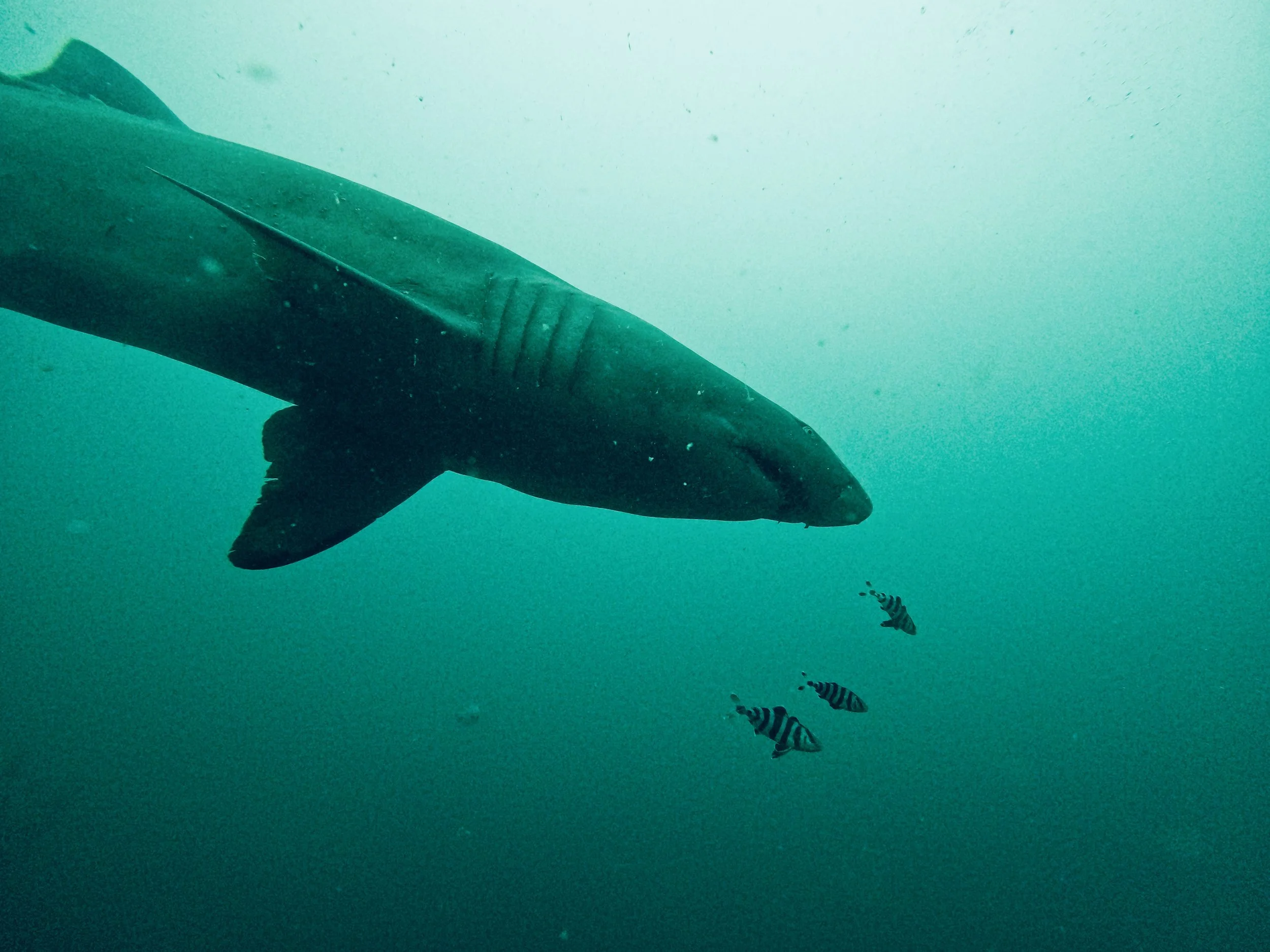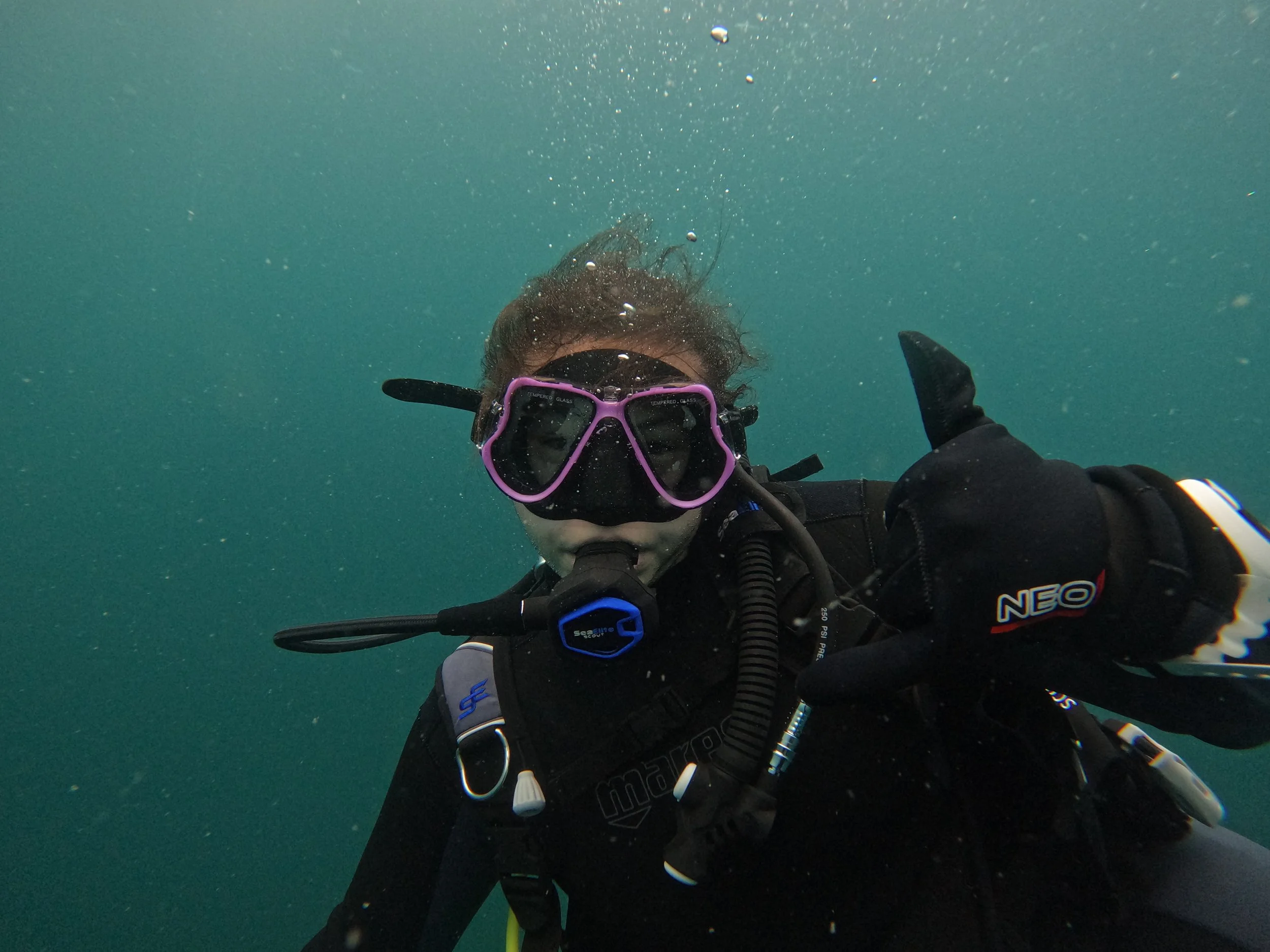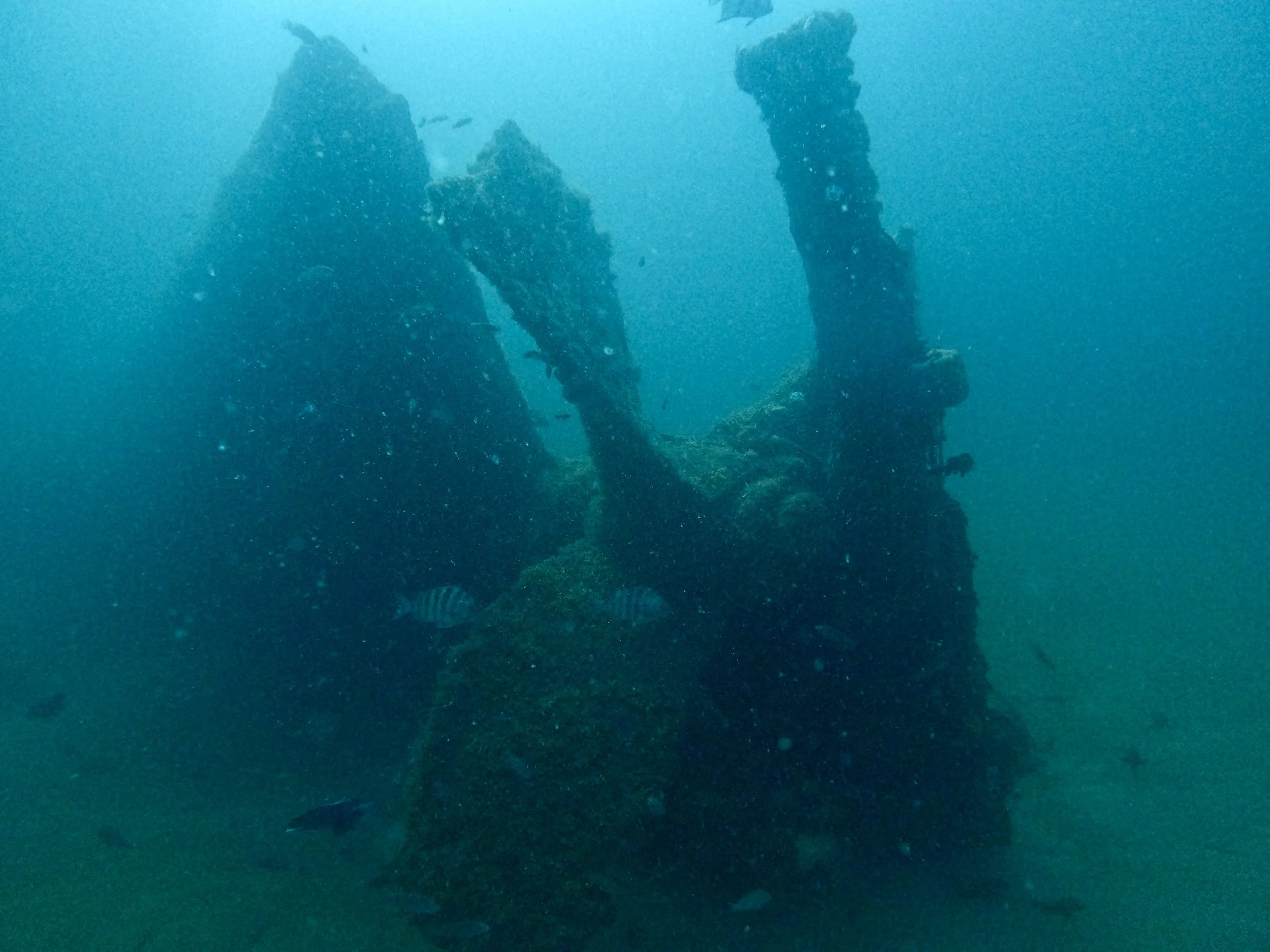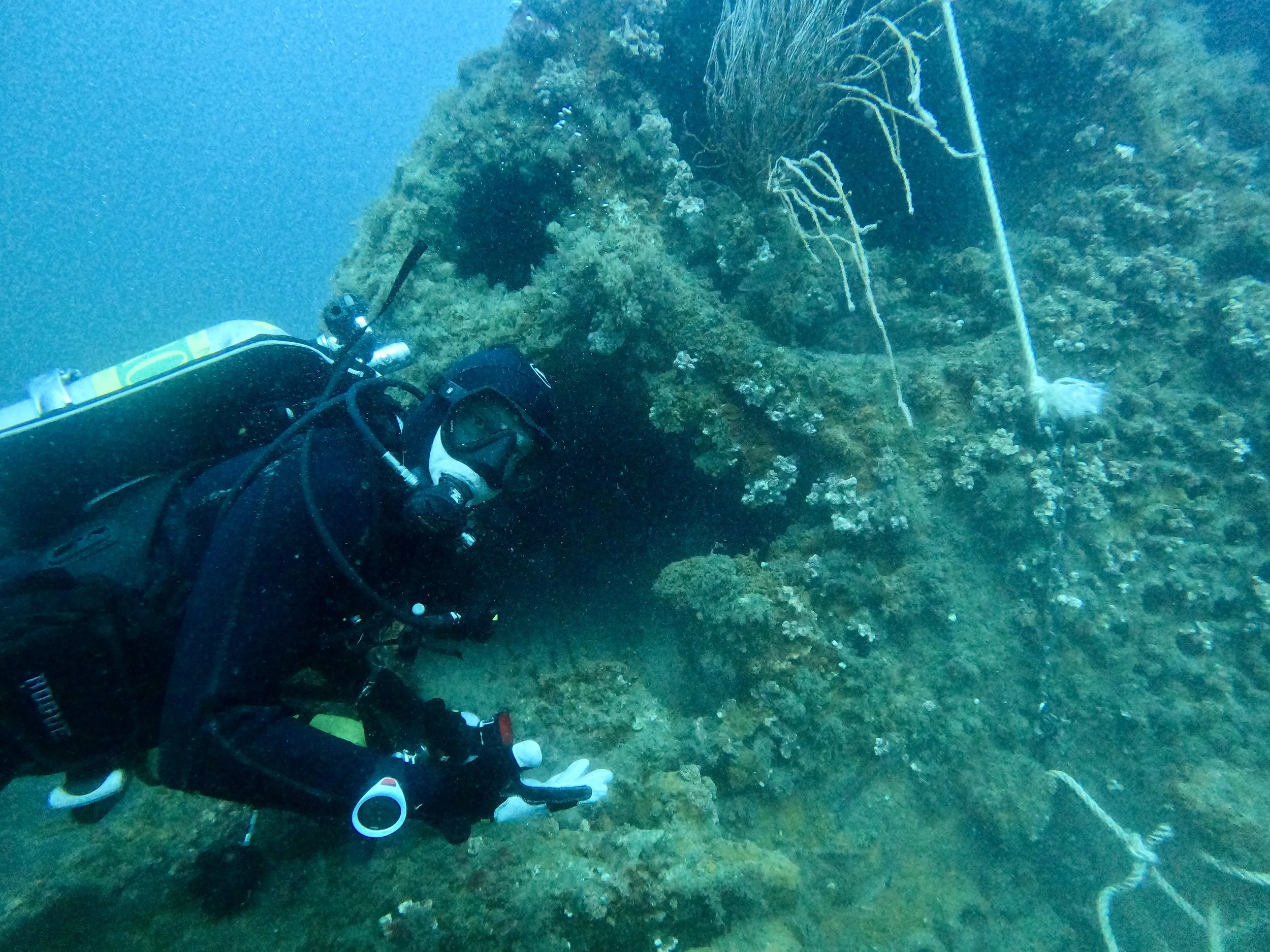Principles for Safe Diving
Diving is a relatively safe recreational activity. Every year, people conduct millions of dives across the world, and only a very small percent of participants receive injuries or become fatalities. A lot of that relative success is because of hard-working professionals behind the scenes, and because modern scuba diving equipment is built with overly sufficient engineering margin. That being said, each diver should do whatever they can to ensure their own safety in the water. This becomes especially important in more advanced, deeper, remote, or technical diving where the margins are slimmer and less support is available.
To dive safely, you have probably heard of some of the rules of diving, like to never hold your breath, or to never ascend faster than 30 ft per minute. Rules like these are important to remember while you are conducting your dive. Training will drill these into your mind.
But the truth is, a successful dive starts long before your fins ever touch the water. Safe diving depends on meticulous preparation and a proper mindset.
DiveVB divers on the Advance II. Michael hovers above the wreck while Hunter and Mark explore an opening.
In my non-diving life (yes, that exists), I am an engineer that works on nuclear submarines. The father of the nuclear Navy, Admiral Hyman Rickover, was infamous for the rigor he demanded of sailors under his charge and for his obsession with the development of nuclear power. Despite his abrasive personality, Rickover’s insistence on excellence and technical rigor is the reason that for nearly 70 years, there has not been a single nuclear accident involving a Navy ship (compared to 14 in the Soviet Union). Rickover had developed 15 principles for the nuclear propulsion program to follow in order to continue that success.
I have found that these “Rickover principles” apply to many places outside of the nuclear Navy, including to scuba diving. Just as a catastrophic failure on a nuclear submarine has substantial consequences, so too does a failure of your dive gear, an improperly planned dive, or a failure to keep your skills up to date. I have adapted the Rickover principles for scuba diving, simplifying the admiral’s 15 point list to 5 important principles:
Responsibility:
YOU, the diver, are uniquely responsible for your dive planning, dive gear, and safety underwater. A competent diver should not rely on a dive guide to navigate for them, or tell them when they need to surface., but rather should plan their route ahead of time, along with gas consumption and consideration for NDL (or decompression schedule). You should not take a shop owner’s word about shoddy-looking rental equipment, but rather inspect each and every piece of gear prior to every dive. Every detail of every dive is YOUR responsibility. After all, it is YOU who will face the consequences of any accident.
Conservativism:
Anticipate the worst-case scenario and establish safe margins around that. As you plan your dive, plan not just for a rule-of-thirds consumption approach, but also for margin of +10 ft of depth or +10 minutes, in case of an accident. Take a conservative approach to calculating gas consumption with a higher than usual SAC rate - if something goes wrong, you probably won’t be breathing at your lowest, calmest rate. Visualize what may happen if the current shifts, if visibility turns for the worst, or if another diver needs to share air with you at the worst possible point, and bring an appropriate amount of air or the right gear. Implement redundancy such that the failure of a single piece of gear will not compromise your dive or your safety.
Not living with deficiencies:
If something is broken or incorrect, resolve the issue as soon as possible, prior to diving. Minor problems left to accumulate can have significant consequences. You may not lose much air through a slow bubble from your SPG O-ring, but when that failure cascades to the HP hose, or worse, the HP port of your regulator, the problem is much more difficult to deal with. Conduct day-prior inspections of dive gear. Any issues should be dealt with not just prior to the dive, but prior to arriving at the site.
Dedication to excellence:
Competent, experienced divers are better able to deal with issues underwater. High-quality training is crucial to being able to execute successful dives. Strive for continued challenges and avoid becoming complacent with your current skills. Training is also no substitute for experience. Dive in a variety of environments. Divers who can dive in strong surge and low visibility off the beach are better prepared to maintain buoyancy and stay calm when something goes wrong compared to the person who only ever dives in ideal conditions.
Frequent inspections and practice:
Inspect your gear before every dive, prior to arriving on site. Regular gear inspections and regular use of your dive gear will identify any deficiencies or potential problems before they become real problems, and ensure adequate time to address them.
I understand that not every diver is dropping to a cold, low visibility wreck at 200 ft, or designing nuclear submarines. But no matter what kind of diving you enjoy, by following these principles, you will be a safer diver, better dive buddy, and more able to enjoy your limited time in the amazing underwater world that we are all just visitors in.




